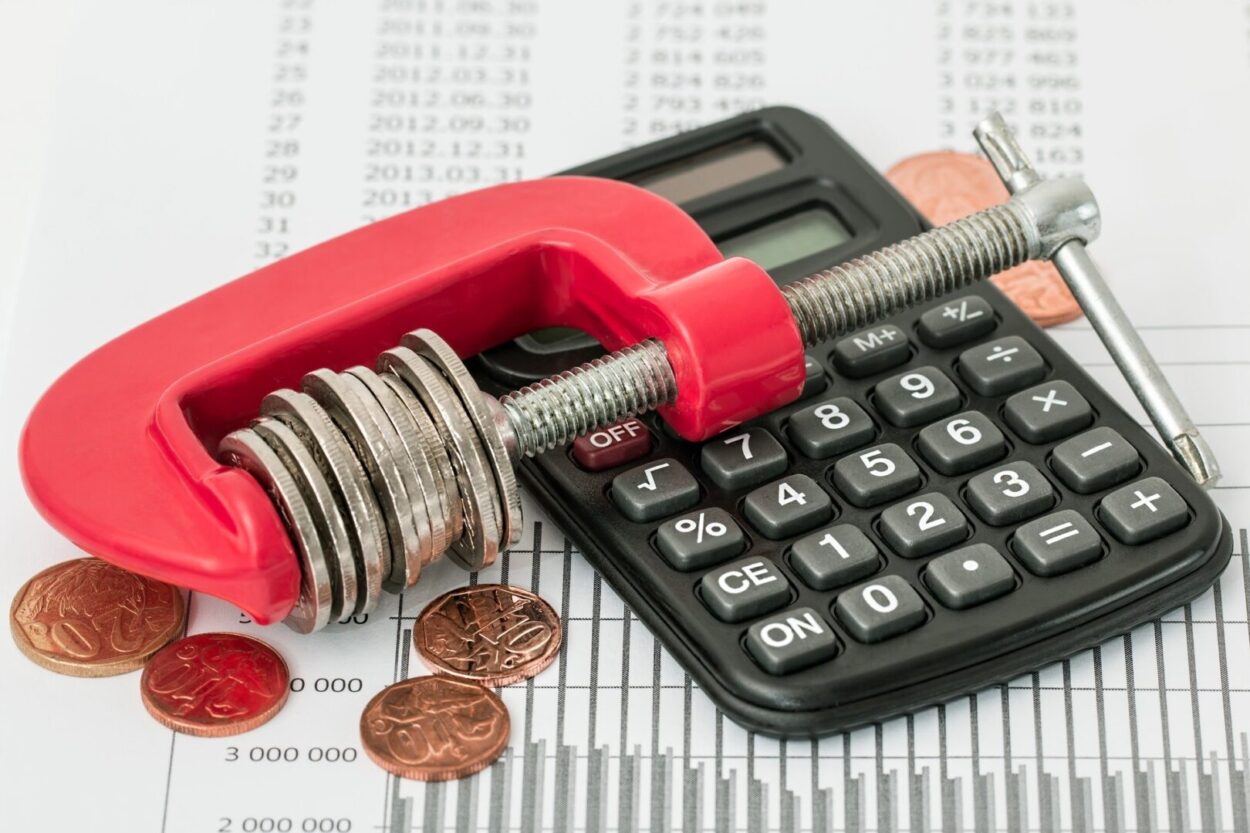Jasmine Birtles
Your money-making expert. Financial journalist, TV and radio personality.

A guest article from StepChange.
When you’re dealing with debt, a consolidation loan can seem like a smart idea. The adverts make it sound all so simple: who wouldn’t want to roll all their debts up and make one single monthly payment?
What the adverts neglect to tell you is that debt consolidation can often cost more in the long run. There are also other factors to take into account; these include the temptation to borrow again or that you may be putting your house at risk. That’s why we’d always recommend you consider all of your options before signing the dotted line.

You may feel that we’re being overly cautious when it comes to consolidation loans. After all, rolling all of your debts up into one monthly payment and only having to deal with one creditor seems like a logical choice on the surface. What’s so bad about that?
To help you understand our stance on debt consolidation, we’ve compiled the various pitfalls you need to consider.

Not necessarily. If you’re struggling, a consolidation loan may be viable in some circumstances. However, it’s vital to get clear, in-depth advice on what route is best for you before committing to a loan.
Debt consolidation calculators will often help you find the best deals for consolidating your debts. Our debt consolidation calculator is a little different; rather than persuading you to consolidate your debts, our calculator highlights whether it’s actually a good option for you.
If you do decide to apply for a consolidation loan, don’t over-commit and borrow more than you can afford. Use your budget to help you work out how much surplus money you have.
If it’s unmanageable interest that’s making you consider a debt consolidation loan, moving to a credit card with a long-term 0% balance transfer deal could be better. If you do this, remember, cut up your old card and close your account. Finally, don’t spend ANYTHING on the new card.
Your local credit union may also be able to offer you an alternative to consolidation.
Check out our guide for more detailed information on debt consolidation. For free and anonymous online debt advice, use our Debt Remedy service to put together your own personal debt action plan.
